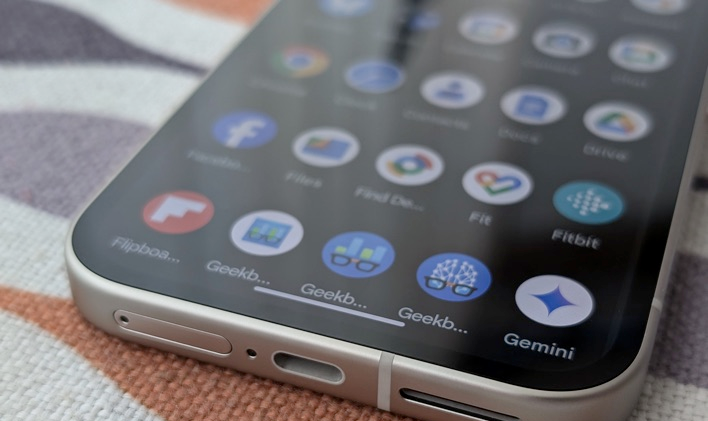Google Risks Making Android Users Furious Over App Sideloading Policy Change
Beginning in September of 2026, all apps, even those provided outside the Google Play Store, will need to be registered by verified developers. Failure to complete the verification process will mean losing the ability to install an app on a certified Android device. Google says its verification system "is an extra layer of security that deters bad actors and makes it harder for them to spread harm." In other words, no one will be able to ship any software for Android devices without Google's explicit approval.
Developers will need to share information such as their legal name, physical address, e-mail address, and phone number as part of the verification process. Meanwhile, organizations will have to provide a D-U-N-S number—a nine-digit authentication number for businesses used to ttrack credit history and financial information—alongside verifying the company's website. Google also notes that some developers may be asked to provide an official government ID, too. At least developers who already have apps available in the Google Play store should see their apps automatically registered.

Of course, because Android is so open, it’s a popular option for students and hobbyist developers looking to experiment with app development. These new rules would completely lock out this group of users, but the company says that it’s working on having a separate option for these types of developers with different needs from commercial developers.
We understand why Google is forcing this shift in its developer policies. There have been several malware campaigns that have taken advantage of apps sideloading, tricking users into installing apps that have led to the theft of funds and personal information. This should make these kinds of campaigns more difficult to pull off for threat actors, but it also forces Android app developers to negotiate a bureaucratic certification process and hand over a lot more information to Google than they may be comfortable with.
Ultimately, the beauty of Android is that users aren’t limited to the version Google offers. Alternative builds of the operating system will be there thanks to the Android Open Source Project (AOSP), which means that users looking for maximum control over their operating system should be able to find a flavor of Android that meets their needs. This decision from Google may potentially lead to the rise of additional alternative Android distributions.

